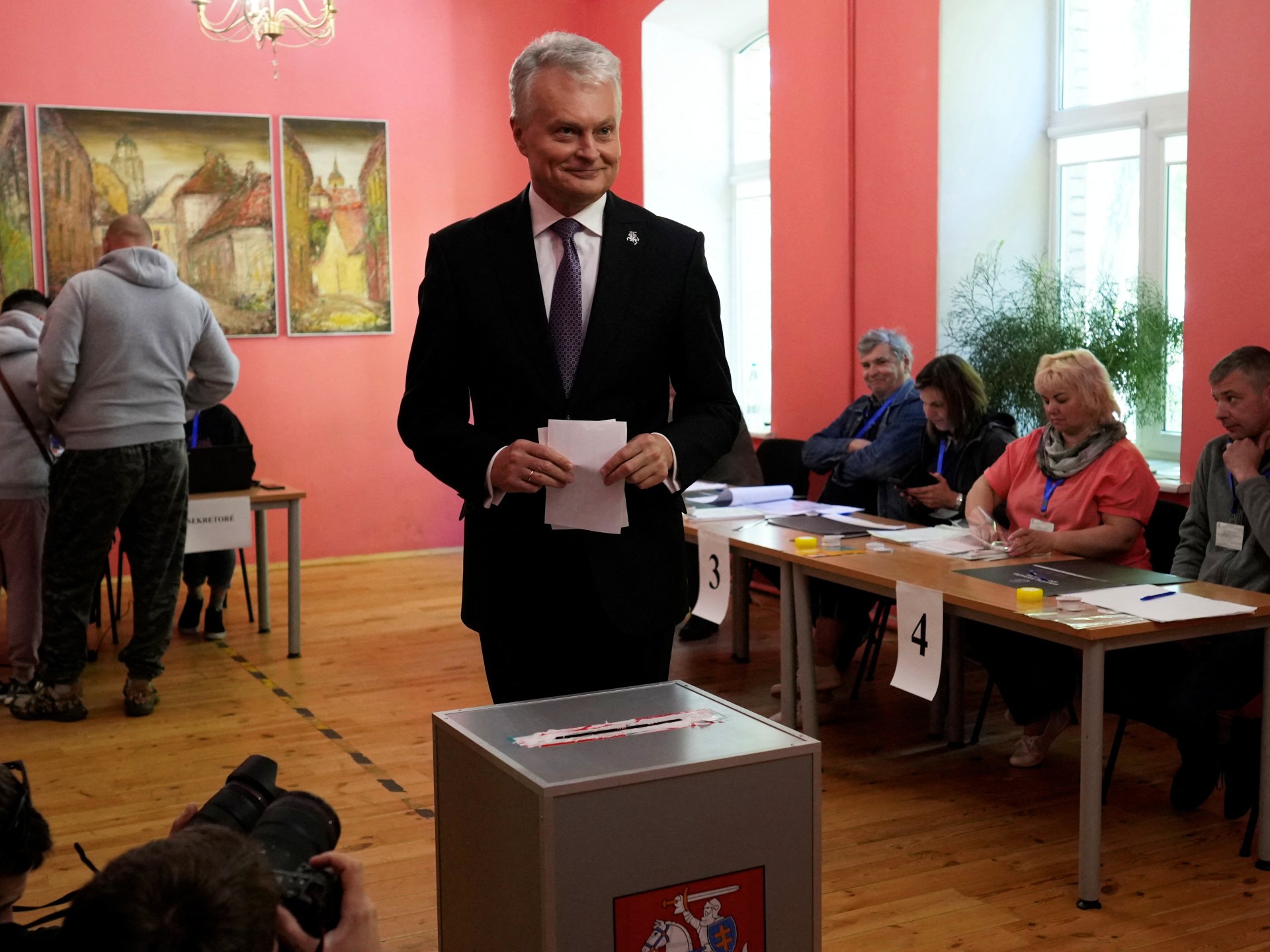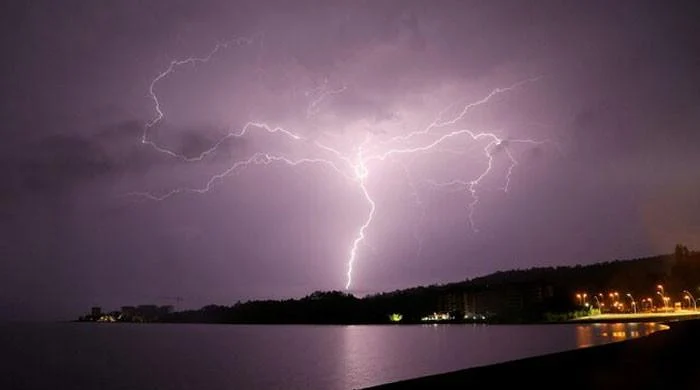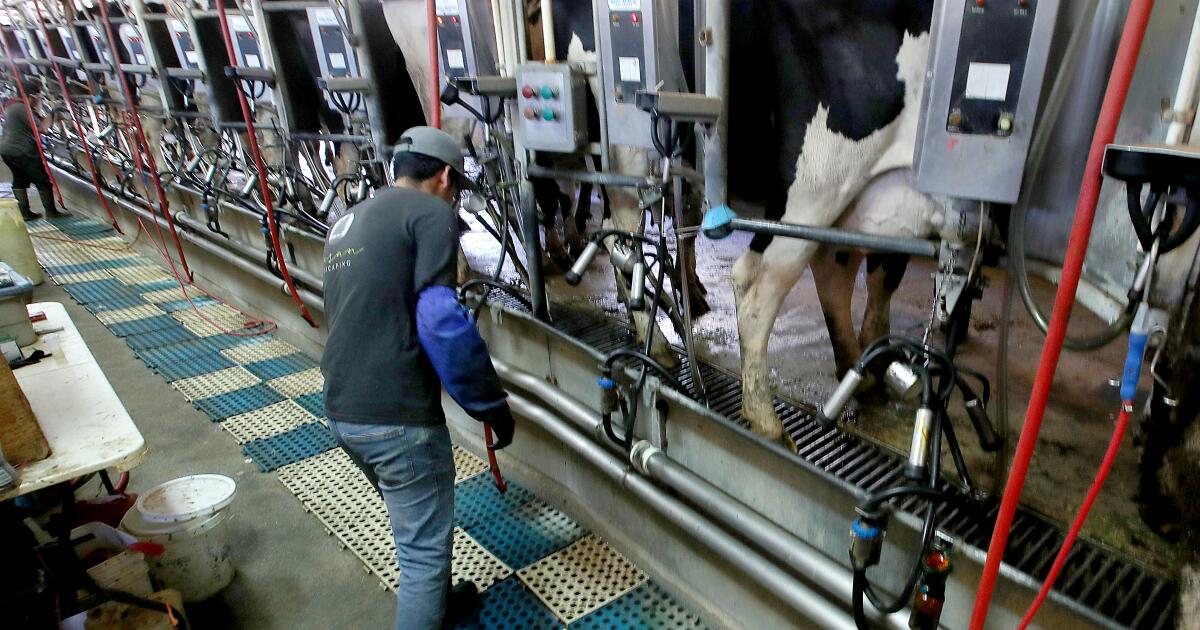Political parties blame each other for the economic crisis that follows aggressive increases in interest rates to control inflation.
New Zealand has fallen into its second recession in less than 18 months, according to government figures.
New Zealand's gross domestic product (GDP) contracted 0.1 percent during the October-December period, following a 0.3 percent contraction in the third quarter, New Zealand's official statistics agency said on Thursday. .
Per capita, the economy fared even worse: GDP shrank by 0.7 in the final quarter of 2023, according to government figures.
Economists traditionally define a recession as two consecutive quarters of negative growth.
The recession comes as the Reserve Bank of New Zealand has aggressively raised interest rates to control one of the highest inflation in the developed world, slowing economic activity.
The slowdown also comes despite record inbound migration to New Zealand, which saw more than 133,000 net arrivals over the past year.
New Zealand Finance Minister Nicola Willis, a member of the centre-right National Party, blamed the recession on the “big spending, big taxing” policies of the former Labor Party government, which lost power in October's general election.
“It is concerning that we are in a recession even despite our rapidly growing population,” Willis said.
“This simply reinforces that our approach to strengthening and growing the economy is the right one. The good news is that inflation is going in the right direction.”
Labor Party finance spokeswoman Barbara Edmonds accused the government of failing to come up with a single policy to help New Zealanders cope with the cost of living.
“Instead of policies to make childcare more affordable, making most prescriptions free or half-price public transportation, this government just spent almost $3 billion on homeowners and is still planning tax cuts that will not benefit workers in the way they promised. Edmonds said.












